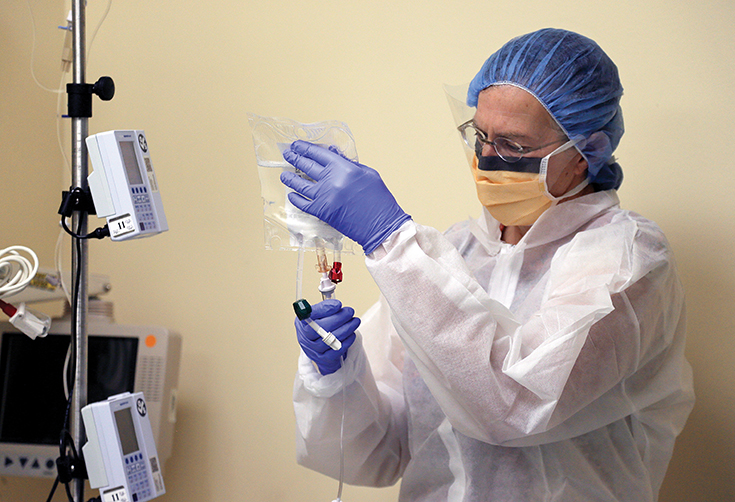The Associated Press
For the first time in the United States, scientists have edited the genes of human embryos, a controversial step toward someday helping babies avoid inherited diseases.
MIT Technology Review reported in July 2017 that the experiment was just a scientific exercise: The embryos were not allowed to develop for more than a few days and were never intended to be implanted into a womb. Officials at Oregon Health & Science University confirmed the work took place there and said results eventually would be published in a journal.
The scientists used a technique called CRISPR/Cas9, which allows sections of DNA to be altered or replaced. The only similar previous work was reported in China.


